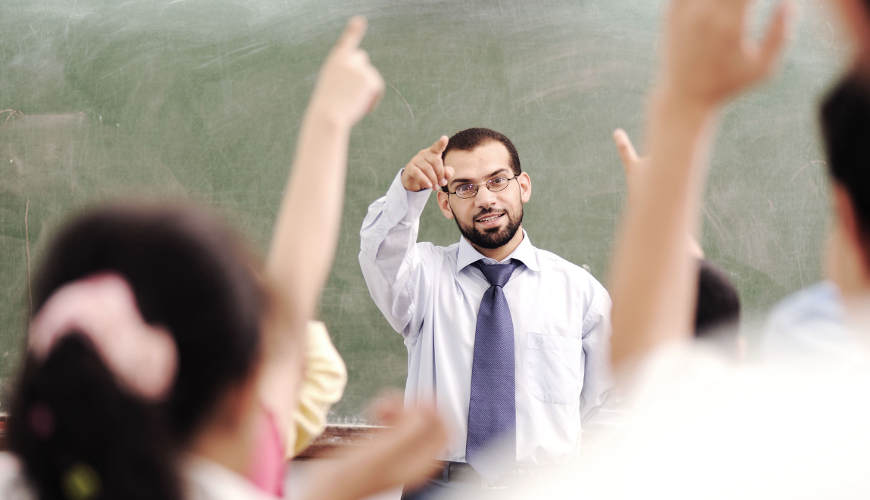FORMING RESPONSIBLE CITIZENS

OBJECTIVE: Contribute to the prevention of violence and the promotion of values of sustainable and inclusive development among youth, with particular focus on gender equality.
HOW: Considering education a key vector to enhance these values, FRC promotes a novel approach to secondary school citizenship education through the development of new teaching materials and participatory teaching and learning methodology.
WHERE: Morocco, Tunisia, Lebanon, and Jordan.
FORMING RESPONSIBLE CITIZENS is an ideaborn initiative that has seen the light thanks to the support provided by the Union for the Mediterranean (UfM) and the financial contribution offered by the Ministry of Foreign Affairs of the Kingdom of Norway and by the Royal Government of the Principality of Monaco.
COUNTRIES AND PARTNERS
Morocco: Moroccan Center for Civic Education (MCCE)
Tunisia: Social Development and Empowerment Center (SDEC)
Jordan: Jordanian Centre for Civic Education (JCCE)
Lebano: Adyan Foundation and the Lebanese National Commission for UNESCO
OBJECTIVES
FRC aims at reinforcing the role of schools as the main vehicle for the transmission of values of sustainable and inclusive development, freedom and gender equality values and to promote these values through the development of a renewed civic and citizenship education curriculum in order for children to learn how to become responsible citizens. Empowering secondary education teachers is the primary focus, while the long-term vision is to influence policies and legislation to promote principles of inclusiveness and sustainable development.
HOW
Develop new citizenship education tools based on qualitative and quantitative analysis of existing local curricula and needs. Embracing a participatory pedagogical approach, lead children to learn by practicing the exercise of dialogue, conflict management, respect for gender equality and socio-cultural diversity in the school and outside.
ACTORS
The initiative promotes an integrated, multi-stakeholder approach to drive the co-ownership of the results and the long-term sustainability of the programme. The primary beneficiaries are children, adolescents and teachers in the Southern Mediterranean region. Other stakeholders include national education authorities, education experts and institutions, civil society, and families.
STRUCTURE
FRC unfolds in three main phases:
1) National diagnosis: Analysis of existing civic education curricula and textbooks in secondary schools. This results in key recommendation for further action.
2) New materials and tests in pilot schools: New tools for secondary school teachers are developed to integrate existing civic education curricula in accordance with the Global Citizenship Education, approach, as well as the Euro-Mediterranean agenda on gender equality.
3) Teacher training and school practice: Teachers from pilot schools in each beneficiary country are trained in the use of the new materials, with a project-oriented and participatory approach. Teachers then become active contributors to the constructions of peaceful and participatory societies. FRC fosters broad children participation through the creation of Citizenship Educational Clubs in select schools, to help bridge the gap of citizenship education and awareness across school and daily life.
Download the Forming Responsible Citizens leaflet to know more.
Forming Responsible Citizens pedagogical guidebooks are now available for implementation. Download them now!



